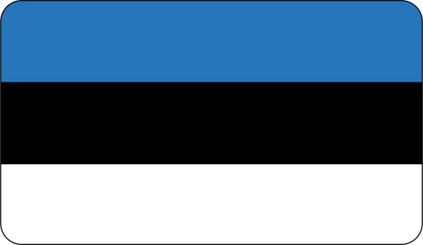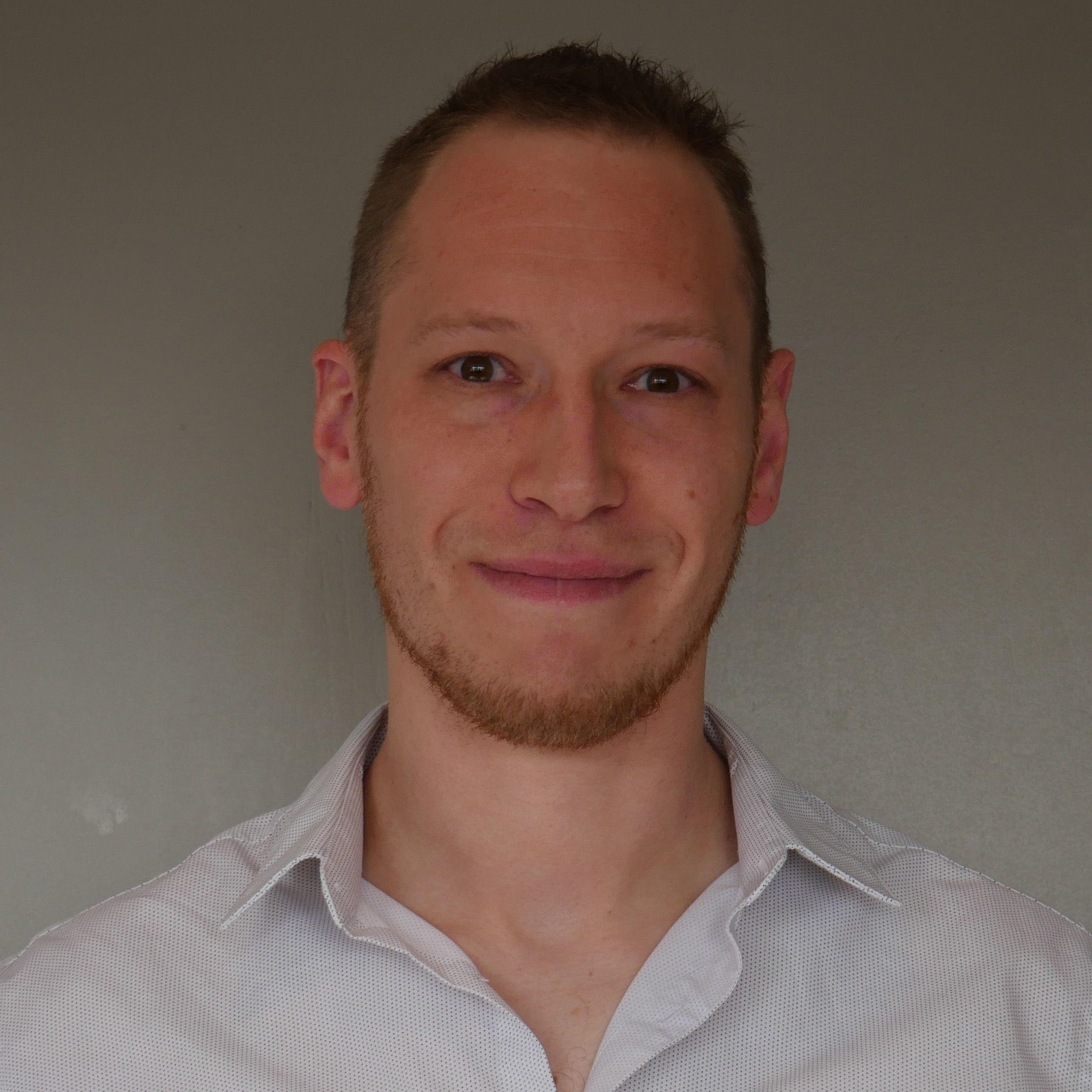
1) Definition
Compulsive behavior is the urge to do something that you do not actually want to do, or that provides no function or enjoyment. Often, compulsive behavior consists of performing the same act or ritual many times, even though the person doing it knows it is not useful or rational to do.
2) Description
We talk about compulsivity or compulsive behavior if somebody feels the urge to do something that they might not actually want to do, or that provides no function or enjoyment. Often, compulsive behavior consists of performing the same act or ritual many times, even though the person doing it knows it is not useful or rational to do.
Compulsive behaviors are often also accompanied by compulsive thoughts. Compulsive thoughts are obsessions or repetitive thinking patterns that cause a person stress or anxiety. In many cases, compulsive behaviors or rituals are attempts to relieve the stress and make the obsessive thoughts go away.
In that regard, compulsivity may be seen as closely related to impulsivity. Both behaviors are about the control a person has over their actions. Both in compulsive and impulsive behavior, people are unable to stop themselves from doing or saying something.
Compulsive behavior is sometimes related to a mental disorder. The primary example of this is Obsessive Compulsive Disorder, a disorder that is characterized by such severe obsessive thoughts and repetitive behavior that a person is no longer able to function normally. However, also in other disorders compulsive thoughts or behaviors are common. For instance, in Autism Spectrum Disorder patients often have a very specific, limited interest in one topic, which can be similar to a compulsive ‘obsession’. They also often have repetitive behavior that is reminiscent of compulsivity. In addiction a lot of the behavior is also often ritualized, irrational and does not bring the addict any actual satisfaction.
People that suffer from compulsive thoughts or behavior can receive treatment in various ways. Cognitive behavioral therapy (CBT), a type of psychotherapy, is effective for many people with OCD, as well as Exposure Therapy for people with specific obsessions or phobias. Medication is used as well to treat some people with OCD. Although OCD treatment may not result in a cure, it is usually focused on bringing symptoms under control so that they don’t disrupt the daily life of patients.
In the Eat2beNICE project, we are investigating if broadband vitamin-mineral supplements can improve compulsive behavior (in addition to impulsive and aggressive behavior) in children with ADHD. These supplements will be given to the children in addition to their regular treatment.




